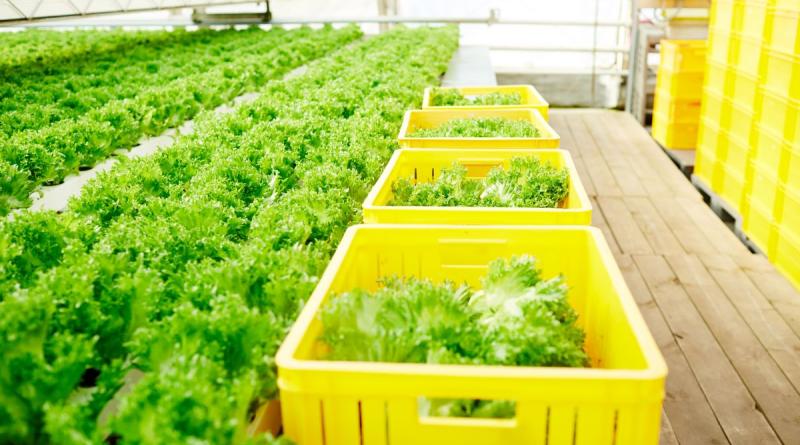Singapore firm gets a US$18m loan to build food storage and processing facilities in Nigeria

IFC support for the commodity trader Robust International could help optimise agriculture value chains
The International Financial Corporation (IFC), the private sector arm of the World Bank has approved a US$18m loan to the Singapore-based agricultural company Robust International. One half of the facility comes as senior secured loan the other half is being offered as concessional loan. It is to be invested in the development of modern storage and processing facilities for smallholder farms in Nigeria.
For Nigeria, agriculture is a strategic sector contributing at least 35% of GDP and employing nearly half the population. Yet, it is nowhere close to its potential. Successive governments have failed to modernise the sector and attract sufficient private investment. Instead, they have hobbled its growth through market distorting subsidies, export bans and import substitution policies. Investment in cold chain facilities has also been largely missing. 47% of Nigerian farmers have no access to post harvest storage facilities.[1] As result as much as 25% of harvest is lost.[2] Post-harvest losses incurred by farmers growing some varieties of fruits, vegetables and crops is believed to be as high at 50%. Research agency AgroNigeria has put such losses at US$9bn per year. Conflict and climate change have also undermined agricultural output. Nigeria’s agricultural hub – the Middle Belt region – is at the centre of a protracted conflict between nomads and pastoralists. British aid agency Oxfam and the United Nations Food and Agriculture Organisation (FAO) say the northern regions of Nigeria are vulnerable to extreme weather.
The agriculture value chain is also being impeded by limited processing capacity. Nigeria imports most of the processed food it consumes. The little procession that does happen domestically is mostly archaic and unsophisticated. When it comes to technology the republic’s food processing lags far behind its African peers such as Egypt and South Africa. Improved storage should aid in minimising waste and maximising agricultural output, while improved processing will facilitate greater local value creation. . Increased local supply to meet the demand of Nigeria’s bourgeoning population will be essential for its food security. Robust’s venture into Nigeria thus fills an critical gaps. The company, which started out exporting plantation logs from South America to India is now present in over 20 countries.
There are further upsides for Robust and other Singaporean agribusiness companies that can be unlocked by Robust’s venture. If successful it may even pave the way for other such companies – and generate reputational capital among authorities – in a Nigerian agriculture value chain that is need of innovation but where authorities remain mulish. Vertical farming, for instance, is gaining prominence in Nigeria’s cities, as concerns over environmental degradation, food security and food-to-fork processes grow. This could be a worthwhile opportunity for companies like Singapore’s V-Plus and Sky Greens, the latter of which built the world’s first commercial vertical farm. Given the transcendence of food cultivating, storage, and processing issues across the African continent, Robust – and others that may join – can largely emulate their Nigerian model in multiple other jurisdictions.
References
Singapore: Supplying modular aquaponic farms to the 3 C’s, Horti Daily, 13 April 2022
IFC backs Singapore-based agricultural company Robust’s plans to expand in Nigeria, Africa Business Communities, 08 April 2022
West Africa food insecurity at worst level in 10 years, DW, 05 April 2022
U.N. agency warns Ukraine war could trigger 20% food price rise, Reuters, 11 March 2022
Food Security & Nutrition 2022 Regional Hotspot Analysis, Oxfam, 25 January 2022
Three ways Singapore is designing urban farms to create food security, QZ, 28 December 2021
47% of Nigerian farmers have no access to storage facilities, Sahara Reporters, 12 January 2021
Creating Food Processing Opportunities in Nigeria, IFT, 01 March 2020
How innovative storage can reduce food loss in Nigeria, Medium, 12 September 2019
Citations
[1] SBM Intel research
[2] Nigeria Stored Products Research Institute
https://www.ntu.edu.sg/






